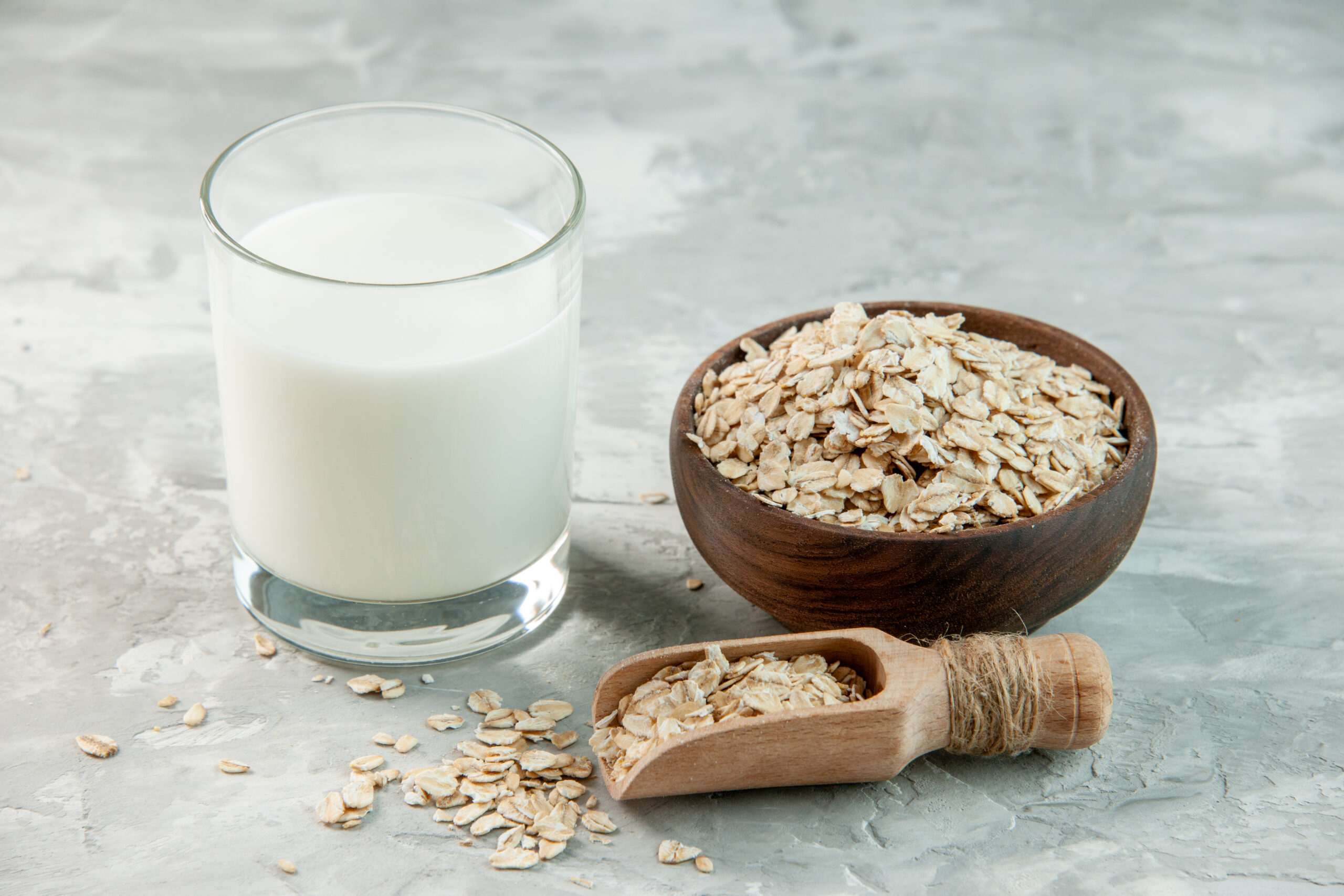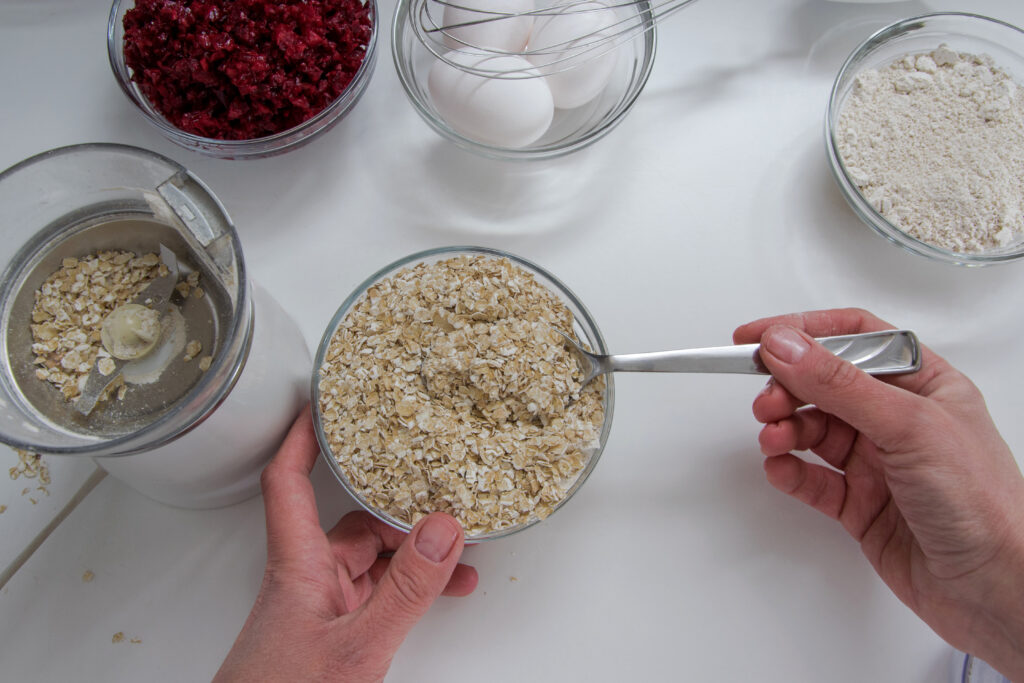- ACTIVITIES
46 Very Best Friends Trivia Questions


Oat milk has quickly become one of the most popular dairy alternatives, praised for its creamy texture, mild flavor and nutritional value. Whether you use it in coffee, cereal, smoothies or baking, understanding oat milk nutrition facts can help you make informed choices about including it in your daily routine. This guide breaks down the nutrients in oat milk, how to make it at home and the key benefits it offers.
Oat milk has a naturally smooth, creamy texture that makes it a popular dairy alternative for coffee, smoothies, and baking. Its thickness comes from the soluble fiber in oats, which blends into a velvety consistency without needing heavy additives. This makes it an appealing choice for people who prefer plant-based beverages that still feel rich and satisfying.
Producing oat milk requires significantly less water and land compared to dairy milk and even many nut milks like almond or cashew. Oats grow well in cooler climates and require fewer resources, making oat milk one of the most eco-friendly plant-based milk options available. Its low environmental footprint is a big reason sustainability-focused consumers prefer it.
Oat milk contains beta-glucans, a type of soluble fiber known for supporting heart health and helping lower cholesterol levels. These fibers form a gel-like substance in the digestive system that can promote healthy digestion and keep you full longer. While oat milk isn’t a high-fiber food, its naturally occurring beta-glucans offer a nutritional benefit you won’t find in many other dairy alternatives.
Unlike almond, cashew, or soy milk, oat milk is naturally free from nuts, soy, and lactose, making it a safe choice for people with common food allergies. Its simple ingredient list—mostly oats and water—helps it fit into a wide range of diets. This versatility has helped oat milk become a staple in schools, cafés, and households looking for allergy-friendly options.
Baristas love oat milk because it froths easily and holds its structure well in lattes and cappuccinos. Its natural sugars caramelize beautifully when steamed, giving coffee drinks a slight sweetness without added syrups. Many coffee lovers find that oat milk blends more smoothly with espresso compared to other plant-based milks.
Oat milk is naturally low in fat and contains no cholesterol. Many store bought brands are fortified with calcium, vitamin D, vitamin B12 and vitamin A, making it more nutritionally comparable to dairy milk. The fiber content comes mainly from beta glucans, a type of soluble fiber known for supporting heart health.
Fortified oat milk often provides:
These nutrients make oat milk a valuable option for people seeking a dairy free lifestyle without sacrificing important vitamins and minerals.

Making oat milk is simple, cost effective and requires only a few ingredients. Homemade oat milk has a fresh, clean taste and can be customized to your liking.
Using cold water helps prevent the oats from becoming sticky or slimy during blending. You can adjust thickness by adding more or less water.
Oat milk contains beta glucans, a type of soluble fiber that helps lower LDL cholesterol. This makes oat milk a heart friendly choice and suitable for individuals aiming to support cardiovascular health.
Oat milk is ideal for people who are lactose intolerant, allergic to dairy or following a vegan lifestyle. It is also free from common allergens like soy and nuts unless added during processing.
The light, smooth texture of oat milk makes it easy on the stomach. It is suitable for those who prefer gentler alternatives to dairy or heavy cream based drinks.
Oat milk blends extremely well in coffee, offering a creamy texture that foams nicely for lattes and cappuccinos. Its mild flavor also works well in smoothies, soups, baked goods and breakfast dishes.
Oat production requires less water and land than dairy farming or nut based milks. Choosing oat milk can be a more sustainable option for the environment.
Oat milk can be used in:
Its natural sweetness and silky texture make it a versatile ingredient in both sweet and savory recipes.
Oat milk offers a nutritious and delicious alternative to traditional dairy. With its balanced macronutrients, beneficial fiber and fortified vitamins, it supports heart health, digestion and overall wellness. Whether you enjoy it in beverages, meals or homemade recipes, oat milk is a simple and satisfying plant based choice that fits seamlessly into a healthy lifestyle